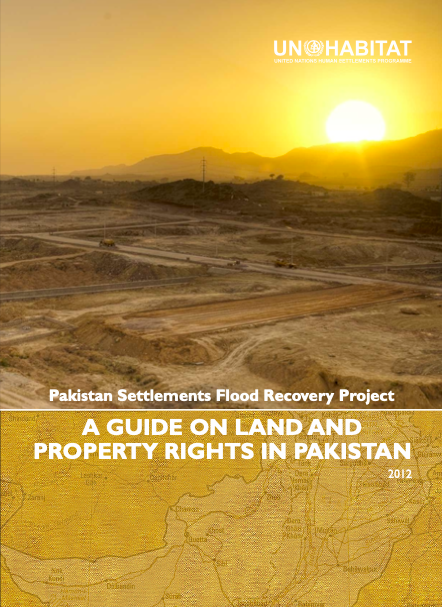Location
UN-Habitat is the United Nations programme working towards a better urban future.
Its mission is to promote socially and environmentally sustainable human settlements development and the achievement of adequate shelter for all. Cities are facing unprecedented demographic, environmental, economic, social and spatial challenges. There has been a phenomenal shift towards urbanization, with 6 out of every 10 people in the world expected to reside in urban areas by 2030. Over 90 per cent of this growth will take place in Africa, Asia, Latin America, and the Caribbean. In the absence of effective urban planning, the consequences of this rapid urbanization will be dramatic. In many places around the world, the effects can already be felt: lack of proper housing and growth of slums, inadequate and out-dated infrastructure – be it roads, public transport, water, sanitation, or electricity – escalating poverty and unemployment, safety and crime problems, pollution and health issues, as well as poorly managed natural or man-made disasters and other catastrophes due to the effects of climate change. Mindsets, policies, and approaches towards urbanization need to change in order for the growth of cities and urban areas to be turned into opportunities that will leave nobody behind. UN-Habitat, the United Nations programme for human settlements, is at the helm of that change, assuming a natural leadership and catalytic role in urban matters. Mandated by the UN General Assembly in 1978 to address the issues of urban growth, it is a knowledgeable institution on urban development processes, and understands the aspirations of cities and their residents. For close to forty years, UN-Habitat has been working in human settlements throughout the world, focusing on building a brighter future for villages, towns, and cities of all sizes. Because of these four decades of extensive experience, from the highest levels of policy to a range of specific technical issues, UN-Habitat has gained a unique and a universally acknowledged expertise in all things urban. This has placed UN-Habitat in the best position to provide answers and achievable solutions to the current challenges faced by our cities. UN-Habitat is capitalizing on its experience and position to work with partners in order to formulate the urban vision of tomorrow. It works to ensure that cities become inclusive and affordable drivers of economic growth and social development.
Members:
Resources
Displaying 141 - 145 of 224Land tenure security in selected countries: Synthesis report
In this synthesis report, the issue of tenure security is addressed and assessed in several countries where government, civil society, the private sector and development cooperation initiatives have been implemented for decades. The selected case studies from fifteen (15) countries ensure not only a geographic balance but they also represent countries with different socio-economic and land-related histories and that have followed different pathways. The studies’ key findings underline the still precarious state of tenure security in many countries.
Land tenure security in selected countries: Synthesis report
In this synthesis report, the issue of tenure security is addressed and assessed in several countries where government, civil society, the private sector and development cooperation initiatives have been implemented for decades. The selected case studies from fifteen (15) countries ensure not only a geographic balance but they also represent countries with different socio-economic and land-related histories and that have followed different pathways. The studies’ key findings underline the still precarious state of tenure security in many countries.
Ecoeficiencia y desarrollo de infraestructura urbana sostenible en Asia y América Latina: Residuos y reducción de gases de efecto invernadero: el caso de Chile
El presente documento se inserta en la identificación de prácticas y oportunidades para la ecoeficiencia en el sector de los residuos, presentando casos sobre la recuperación de áreas utilizadas para el vertido de residuos en Chile, trayendo consigo experiencias con beneficios invaluables, desde la perspectiva social, ambiental y de restauración paisajística, entendiéndola como el valor que marca y engrandece la creación de áreas verdes y espacios públicos a nivel de ciudad, haciendo sustentable el pasivo ambiental.
Land and conflict: Toolkit and guidance for preventing and managing land and natural resources conflict
The five components of the toolkit - Land, Extractive Industries, Renewable Resources, Strengthening Capacity & Resource-Rich Economies - all aim to demonstrate how well-managed natural resources can prevent conflict or contribute to peace and sustainable development in war-torn nations. The linkages between natural resources and violent conflict are a critical challenge faced by many countries today.
A Guide On Land And Property Rights In Pakistan
‘A Guide on Land and Property Rights in Pakistan’ was designed and prepared to facilitate the basic understanding of the complex principles of the Pakistani land and revenue administration system. The first edition, printed in December 2011, was warmly received by lawyers, national civil society organisations, community leaders, local authorities, donor agencies, and international affairs organisations, engaged in relief, rehabilitation, development or other similar works that necessitate some basic understanding of the land administration system in Pakistan.



